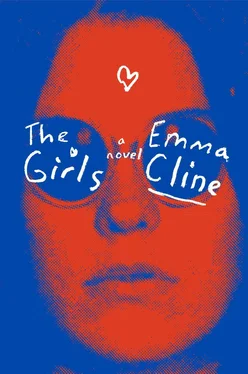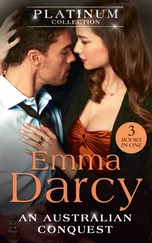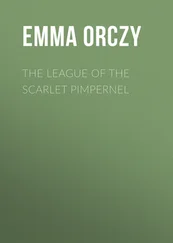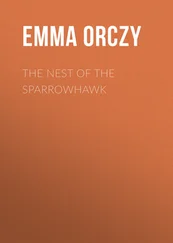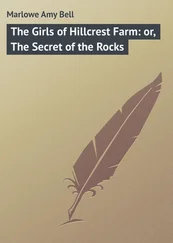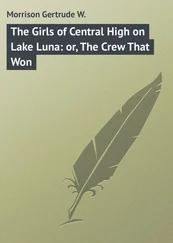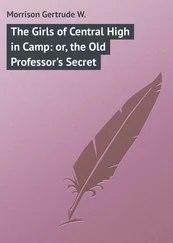“I remembered your hair,” I said.
Suzanne seemed pleased. Touching the ends, absently. “I never cut it.”
I would find out, later, that this was something Russell told them not to do.
Suzanne nestled the toilet paper to her chest, suddenly proud. “You want me to give you some money for this?”
She had no pockets, no purse.
“Nah,” I said. “It’s not like it cost me anything.”
“Well, thanks,” she said, with obvious relief. “You live around here?”
“Pretty close,” I said. “With my mom.”
Suzanne nodded. “What street?”
“Morning Star Lane.”
She made a hum of surprise. “Fancy.”
I could see it meant something to her, me living in the nice part of town, but I couldn’t imagine what, beyond the vague dislike for the rich that all young people had. Mashing up the wealthy and the media and the government into an indistinct vessel of evil, perpetrators of the grand hoax. I was only just starting to learn how to rig certain information with apology. How to mock myself before other people could.
“What about you?”
She made a fluttery motion with her fingers. “Oh,” she said, “you know. We’ve got some things going on. But a lot of people in one place”—she held up the bag—“means a lot of asses that need wiping. We’re low on money, at this exact moment, but that’ll turn, soon, I’m sure.”
We. The girl was part of a we, and I envied her ease, her surety of where she was aimed after the parking lot. Those two other girls I’d seen with her in the park, whoever else she lived with. People who’d notice her absence and exclaim at her return.
“You’re quiet,” Suzanne said after a moment.
“Sorry.” I willed myself not to scratch my mosquito bites, though my skin was twisting with itchiness. I reeled for conversation, but all the possibilities that appeared were the things I couldn’t say. I should not tell her how often and idly I had thought of her since that day. I should not tell her I had no friends, that I was being shunted to boarding school, that perpetual municipality of unwanted children. That I was not even a blip to Peter.
“It’s cool.” She waved her hand. “People are the way they are, you know? I could tell when I saw you,” she continued. “You’re a thoughtful person. On your own trip, all caught up in your mind.”
I was not used to this kind of unmediated attention. Especially from a girl. Usually it was only a way of apologizing for being zeroed in on whatever boy was around. I let myself imagine I was a girl people saw as thoughtful. Suzanne shifted: I could tell this was a prelude to departure, but I couldn’t think of how to extend our exchange.
“Well,” she said. “That’s me over there.” She nodded to a car parked in the shade. It was a Rolls-Royce, shrouded in dirt. When she saw my confusion, she smiled.
“We’re borrowing it,” she said. As if that explained everything.
I watched her walk away without trying to stop her. I didn’t want to be greedy: I should be happy I had gotten anything at all.
My mother was dating again. First, a man who introduced himself as Vismaya and kept massaging my mother’s scalp with his clawed fingers. Who told me that my birthday, on the cusp of Aquarius and Pisces, meant my two phrases were “I believe” and “I know.”
“Which is it?” Vismaya asked me. “Do you believe you know, or do you know you believe?”
Next, a man who flew small silver planes and told me that my nipples were showing through my shirt. He said it plainly, as if this were helpful information. He made pastel portraits of Native Americans and wanted my mother to help open a museum of his work in Arizona. Next, a real estate developer from Tiburon who took us out for Chinese food. He kept encouraging me to meet his daughter. Repeating again and again how sure he was that we’d get along like a house on fire. His daughter was eleven, I came to realize. Connie would have laughed, dissecting the way the man’s teeth gummed up with rice, but I hadn’t spoken to her since the day at her house.
“I’m fourteen,” I said. The man looked to my mother, who nodded.
“Of course,” he said, a tang of soy sauce on his breath. “I see now you’re practically a grown-up.”
“I’m sorry,” my mother mouthed across the table, but when the man turned to feed her a slimy-looking snow pea from his fork, she opened her mouth obediently, like a bird.
—
The pity I felt for my mother in these situations was new and uncomfortable, but also I sensed that I deserved to carry it around — a grim and private responsibility, like a medical condition.
There had been a cocktail party my parents had thrown, the year before the divorce. It was my father’s idea — until he left, my mother wasn’t social, and I could sense a deep agitation in her during parties or events, a heave of discomfort she willed into a stiff smile. It had been a party to celebrate the investor my father had found. It was the first time, I think, that he’d gotten money from someone other than my mother, and he got even bigger in the heat of that, drinking before the guests arrived. His hair saturated with the dense fatherly scent of Vitalis, his breath notched with liquor.
My mother had made Chinese ribs with ketchup and they had a glandular sheen, like a lacquer. Olives from a can, buttered nuts. Cheese straws. Some sludgy dessert made from mandarin oranges, a recipe she’d seen in McCall’s. She asked me before the guests arrived if she looked all right. Smoothing her damask skirt. I remember being taken aback by the question.
“Very nice,” I said, feeling strangely unsettled. I’d been allowed some sherry in a cut pink glass: I liked the rotted pucker and snuck another glass.
The guests were my father’s friends, mostly, and I was surprised at the breadth of his other life, a life I saw only from the perimeter. Because here were people who seemed to know him, to hold a vision of him informed by lunches and visits to Golden Gate Fields and discussions of Sandy Koufax. My mother hovered nervously around the buffet: she’d put out chopsticks, but no one was using them, and I could tell this disappointed her. She tried to urge them on a heavyset man and his wife, and they shook their heads, the man making some joke I couldn’t hear. I saw something desperate pass over my mother’s face. She was drinking, too. It was the kind of party where everyone was drunk early, a communal haze slurring over conversation. Earlier, one of my father’s friends had lit a joint, and I saw my mother’s expression downshift from disapproval to patient indulgence. Certain lines were getting dim. Wives staring up at the pass of an airplane, arcing toward SFO. Someone dropped a glass in the pool. I saw it drift slowly to the bottom. Maybe it was an ashtray.
I floated around the party, feeling like a much younger child, that desire for invisibility coupled with a wish to participate in an adjacent way. I was happy enough to point out the bathroom when asked, to parcel into a napkin buttered nuts that I ate by the pool, one by one, their salty grit fleecing my fingers. The freedom of being so young that no one expected anything from me.
I hadn’t seen Tamar since the day she’d dropped me off after school, and I remember feeling disappointed when she arrived — I’d have to act like a grown-up now that she was there as witness. She had a man with her, slightly older. She introduced him around, kissing someone on the cheek, shaking hands. Everyone seemed to know her. I was jealous of how Tamar’s boyfriend rested his hand on her back while she spoke, on the sliver of skin between her skirt and top. I wanted her to see that I was drinking: I made my way to the bar table when she did, pouring myself another glass of sherry.
Читать дальше
